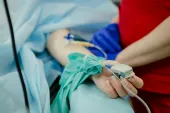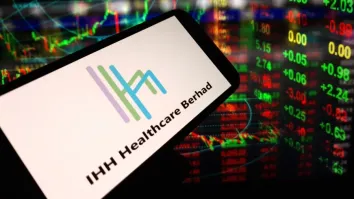
Japan to remain Asia-Pacific's most attractive pharmaceuticals market
Despite a pricing regime that limits revenue-generation opportunities for companies.
A large market size, high purchasing power, and a developed regulatory environment are set to maintain Japan’s position as the most attractive pharmaceutical market in the Asia Pacific region and the second-most attractive globally, according to BMI’s Innovative Pharmaceuticals Risk/Reward Index (RRI).
The RRI is a tool that quantifies and ranks a market’s attractiveness to innovative drugmakers by balancing the risks and rewards of launching a product in that market. Aside from Japan, other top-scorers in the index include developed countries with advanced regulatory environments, such as Australia, Canada, the United States, South Korea, and Western Europe.
The index reveals that Japan’s pricing regime is weighing on growth prospects for pharmaceutical companies, with plans currently underway to implement an annual price revision from the existing biennial system. The Ministry of Health, Labour, and Welfare is also seeking to introduce a new rule where prices for medicines listed on the National Health Insurance (NHI) list are reviewed four times a year if the particular medicines saw an expansion in market size due to the addition of new indications, a central strategy for product lifecycle management.
In 2016, NHI-listed drugs saw an average price reduction of 6.8%, severely affecting revenues of multinational pharmaceutical manufacturers. The weakness of the yen is also affecting drug manufacturers, and BMI forecasts a continued weakening of the yen over the long term.
BMI, however, sees pharmaceutical companies bucking these challenges and continuing to launch new products in Japan. The country’s regulatory regime features a well-developed drug approval process, while a strong intellectual property protection system assures patented drugmakers that they will be able to maximize the commercial opportunities for their new products.
Japan also has one of the highest market expenditure in the world, both on a per capita and absolute basis, signifying a preference for and capability to pay for high quality medicines. Its ageing population, with their high demand for chronic disease medication, represents a key demographic for pharmaceutical companies, while a high level of urbanization mean access to advanced healthcare facilities and the greatest pensionable population.



















 Advertise
Advertise





